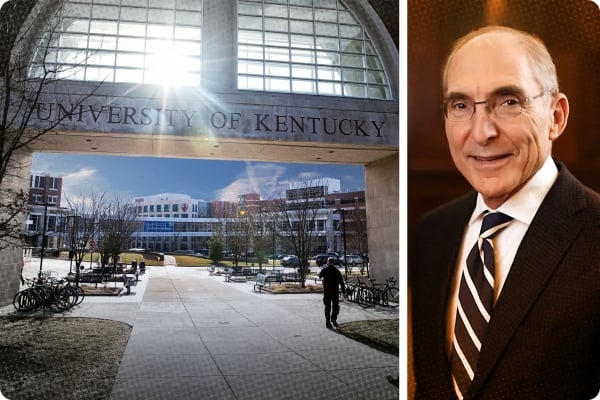In recent months, the state of Kentucky has been embroiled in a heated debate over the power dynamics between faculty members and governing bodies at universities across the state. The issue has brought to light long-standing tensions and divisions within academia, raising questions about who holds the ultimate authority in decision-making processes.
At the center of the controversy is a proposed bill that would give university boards more control over hiring, firing, and tenure decisions for faculty members. Proponents of the bill argue that it is necessary to streamline decision-making processes and hold faculty accountable for their performance. However, critics argue that the bill would undermine academic freedom and erode the authority of faculty in shaping the direction of their institutions.
Faculty members have been vocal in their opposition to the bill, organizing protests and lobbying efforts to push back against what they see as an encroachment on their autonomy and expertise. They argue that giving more power to university boards could lead to politicization of decisions and undermine the integrity of academic institutions.
The debate has highlighted a broader discussion about the role of faculty in higher education and the power dynamics at play within universities. Faculty members play a critical role in shaping the academic environment, conducting research, and mentoring students. Their expertise and commitment to academic excellence are essential to the success of any university.
However, the issue of faculty power goes beyond just this specific bill in Kentucky. It speaks to larger questions about governance structures, accountability, and the role of different stakeholders in decision-making processes. Finding the right balance between the autonomy of faculty and the oversight of governing bodies is crucial for the long-term success of universities.
As the debate rages on in Kentucky, it is clear that finding a resolution that respects the expertise and autonomy of faculty while also ensuring accountability and transparency is essential. Universities must work to foster a culture of collaboration and mutual respect between all stakeholders to navigate these complex issues and ensure the continued excellence of higher education in the state. The outcome of this debate will have far-reaching implications for the future of academia in Kentucky and beyond.


